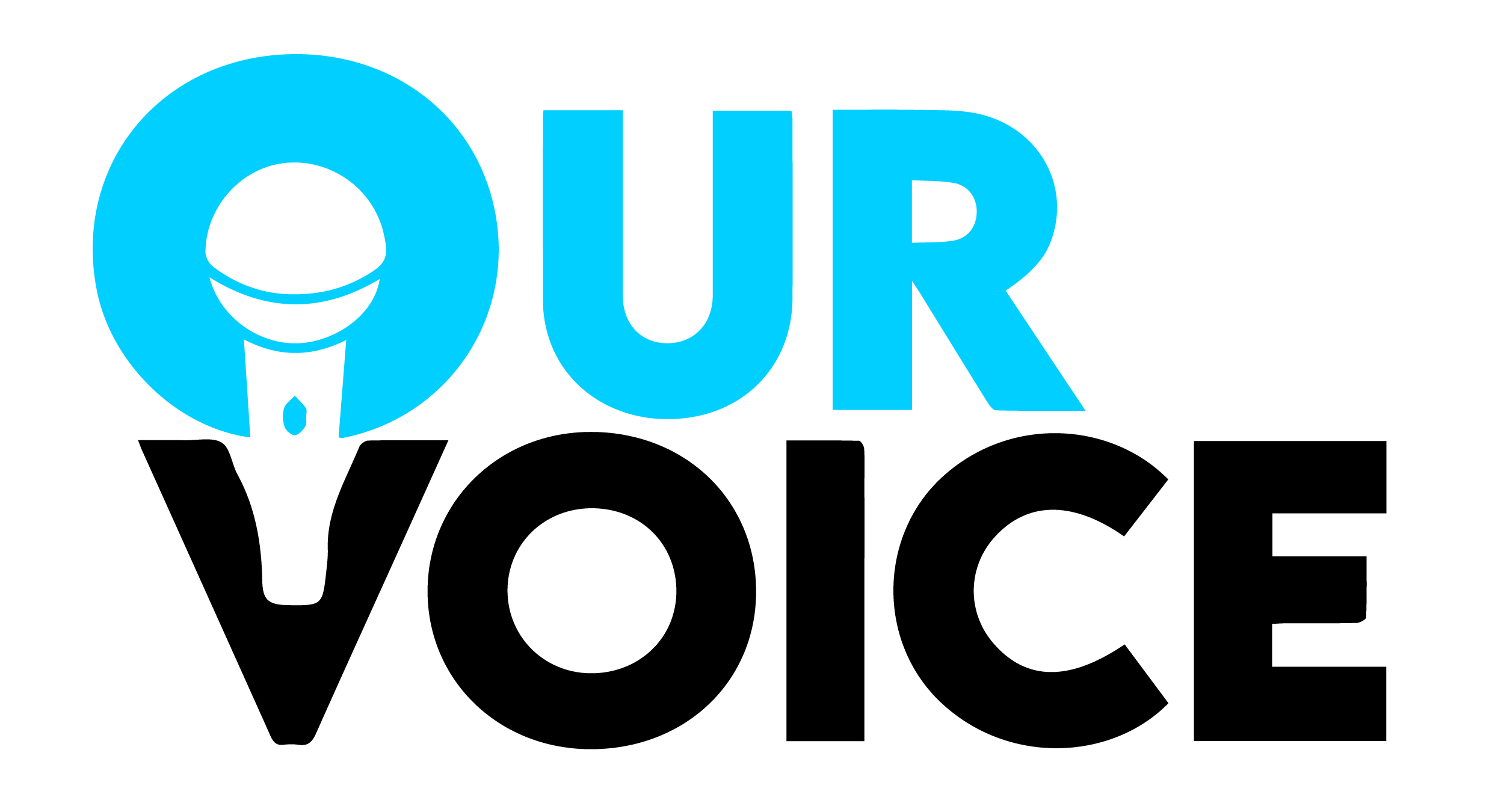


Muslim women have long been at the forefront of social and political change, challenging stereotypes and breaking down barriers in a world where they are often marginalized and silenced. Despite the significant contributions of Muslim women throughout history, they have been subjected to pervasive discrimination and systematic oppression. However, as we move forward into an era of change, it is crucial to recognize and celebrate the essential role that Muslim women play in shaping the future.
For too long, Muslim women have been relegated to the margins of society, excluded from positions of power and decision-making. The underrepresentation of Muslim women in political, economic, and social institutions has contributed to their marginalization and perpetuated harmful stereotypes that have stifled their progress. The need to raise Muslim women’s voices and their representation in all spheres of society is crucial for achieving true gender equality and social justice.

n recent years, we have witnessed a growing movement of Muslim women who are stepping up and taking on leadership roles in their communities and beyond. Muslim women are leading the way in various fields, from politics to sports, science to entrepreneurship, breaking down barriers and challenging stereotypes along the way.
As leaders, Muslim women bring a unique perspective to the table, rooted in their lived experiences as members of a marginalized community. This perspective allows them to address issues that may be overlooked or misunderstood by those who have not experienced similar challenges. Their leadership style emphasizes collaboration, compassion, and inclusivity, qualities that are much needed in a world that is becoming increasingly polarized and divisive.
Moreover, Muslim women’s representation in positions of power is essential to challenge the patriarchal systems that continue to limit women’s opportunities and perpetuate inequality. Muslim women’s leadership challenges the notion that women cannot lead or that their voices do not matter. It sends a powerful message to young girls that they too can aspire to leadership roles and that their voices are important.
In conclusion, Muslim women are leading the way, breaking down barriers and challenging stereotypes in a world that has long marginalized and silenced them. Their leadership is vital to achieving true gender equality and social justice, and we must continue to support and amplify their voices. It is time to recognize and celebrate the essential role that Muslim women play in shaping the future, as leaders, visionaries, and agents of change.
